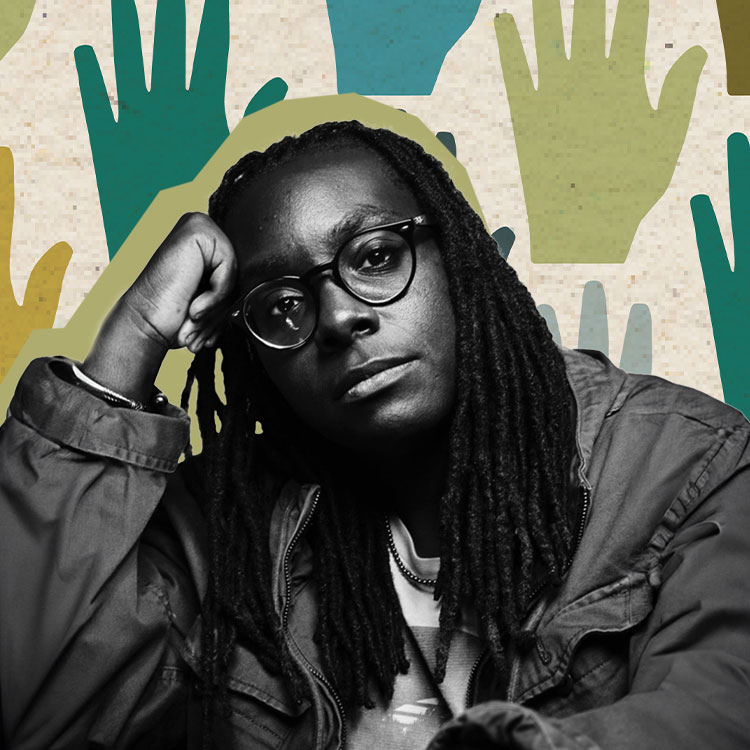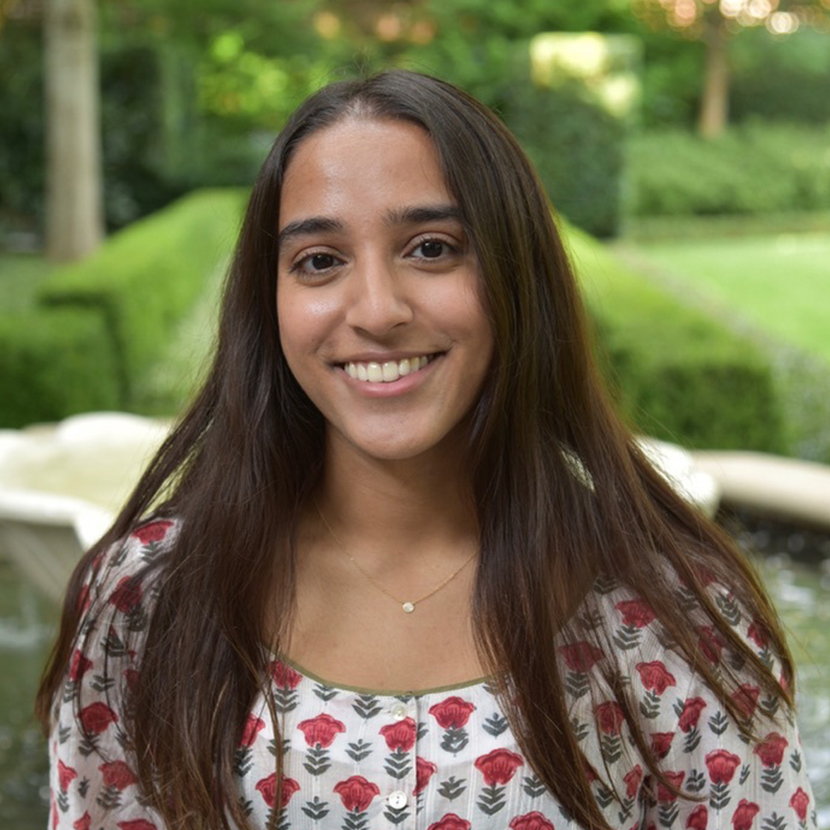Hailing from Gary, Indiana, with a background as a steel factory worker, composer and math lover Jlin is carving her unique path in the world of electronic music. Her albums Dark Energy and Black Origami have received critical acclaim, earning her a place on “best of” lists in publications such as the New York Times, Rolling Stone, and the Guardian. Known for her innovative collaborations, Jlin’s distinct style and complex composition form a sound that is completely and unmistakably her own. Jlin was named a 2023 United States Artists Fellow and was a 2023 Pulitzer Prize nominee for her album Perspective, which was originally commissioned and performed by Third Coast Percussion.
Jlin’s latest album, Akoma, marks the newest step in her evolving sonic journey. Akoma features collaborations with Björk, Philip Glass, and the Kronos Quartet.
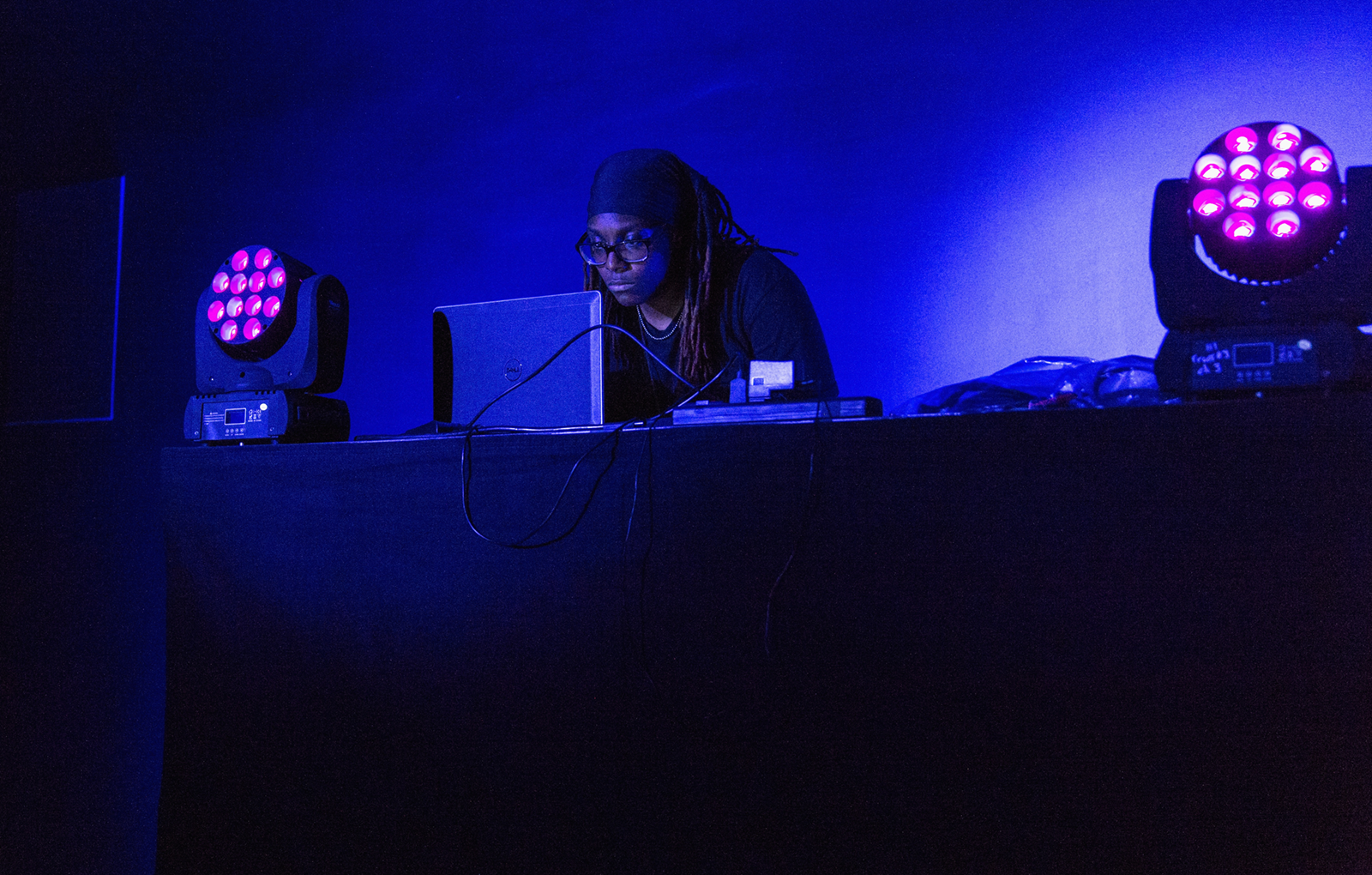
Can you describe your relationship with rhythm and how it has evolved throughout your journey as an artist?
My relationship with rhythm is an intimate one, that I take seriously. Throughout the years practicing is a must, and the more I practice it is and has been very rewarding to hear my growth. In my personal opinion if your craft doesn’t humble you daily then you’re not practicing enough. This journey has been both humbling and rewarding.
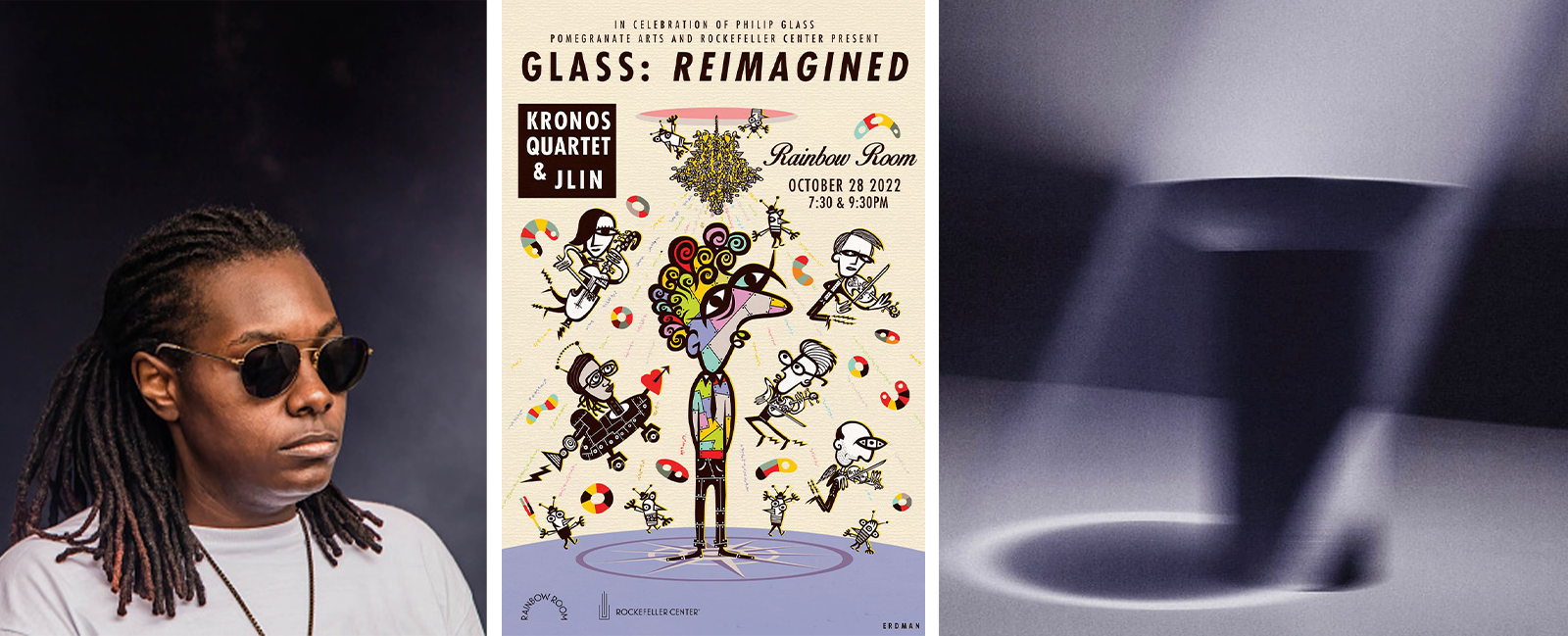
As both a composer and a math enthusiast, you’ve talked before about math and music being “one and the same.” Can you describe this connection between music and math and how it has shaped you as a composer?
My connection to math and music are both a form of proofs to myself. I’ve been given the answers at different times in my life, but now I have to figure out the question. Each answer and question is different, so my job is to match them up. I know I’m headed in the right direction when I can feel the question.
In my personal opinion if your craft doesn’t humble you daily then you’re not practicing enough.
How does your creative process vary between collaborative projects and solo endeavors?
The only difference between me working solo or collaborating is that when I collaborate I do my best to embody the collaborator so that they have an identity in the project.
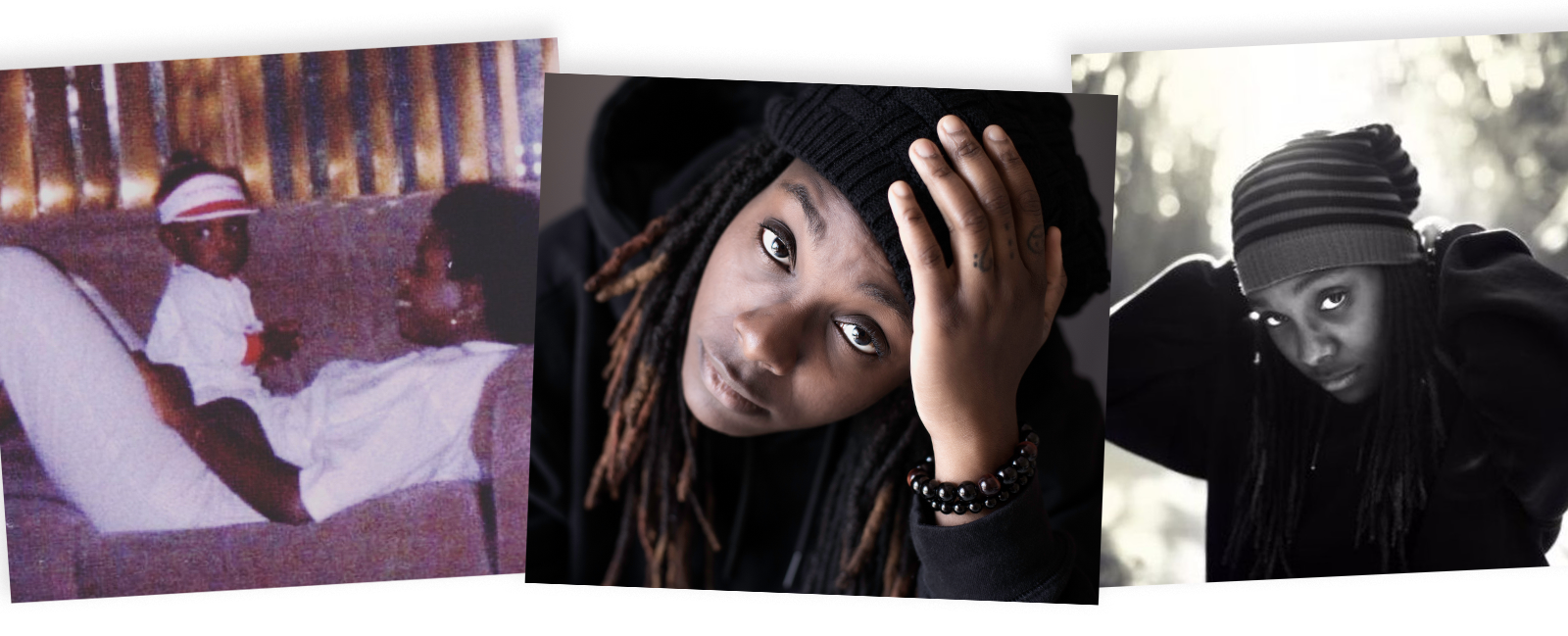
What role does trust play in your creative process?
Trust is crucial, though has not always been easy over the years. It has been an evolving process for me. Trusting myself is and will always be a practice within itself. It’s not a one-time experience and then you got it. It’s a constant “trust the process.”
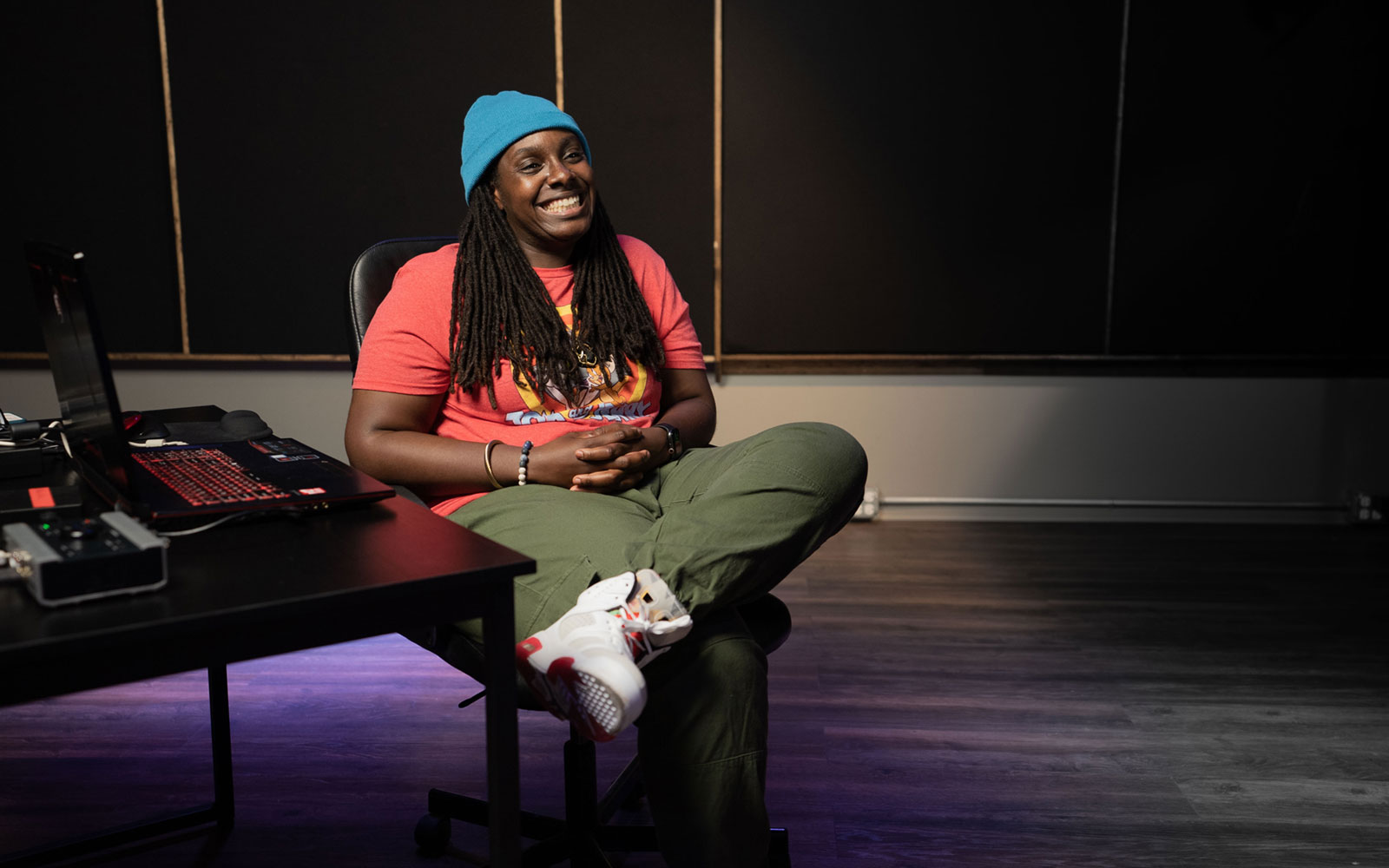
What are three words to describe your musical style?
CPU — Clean, Precise, Unpredictable.
I know I’m headed in the right direction when I can feel the question.
